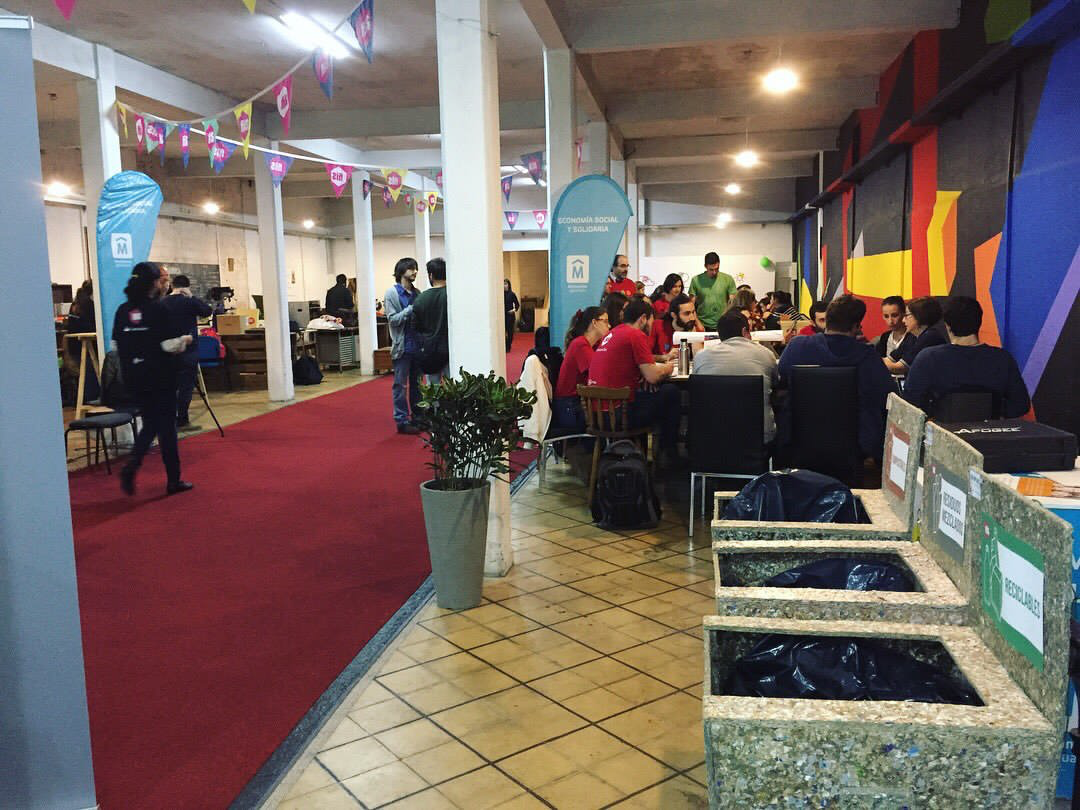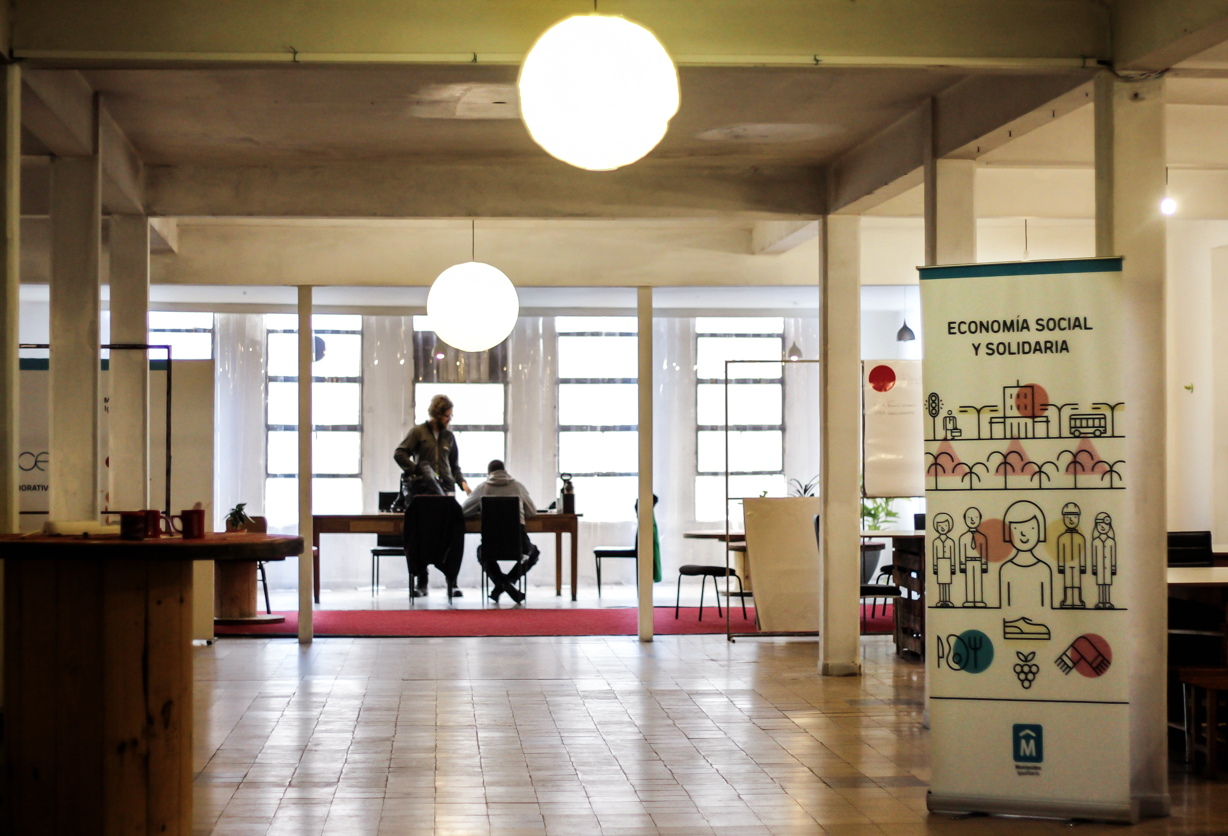City
Montevideo
Main actors
City Government, Private Sector, Community / Citizen Group
Project area
Whole City/Administrative Region
Duration
Ongoing since 2017
A public co-working space supporting the Social and Solidarity Economy.
Enlace is the first co-working space in Uruguay to be managed by the public sector. It provides spaces for solidarity-based enterprises to develop their activities and hosts regular events for the public to engage and participate in. Enlace links the public sector to entrepreneurship and fosters co-management and joint responsibility in the promotion of the Social and Solidarity Economy. It allows the exchange of experiences and the identification of joint solutions to problems from a private (third sector or civic sector) - public perspective.
External links / documents
On Map
The Map will be displayed after accepting cookie policy


